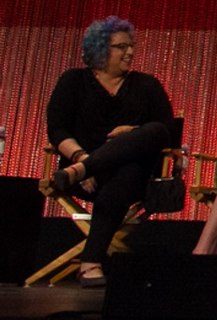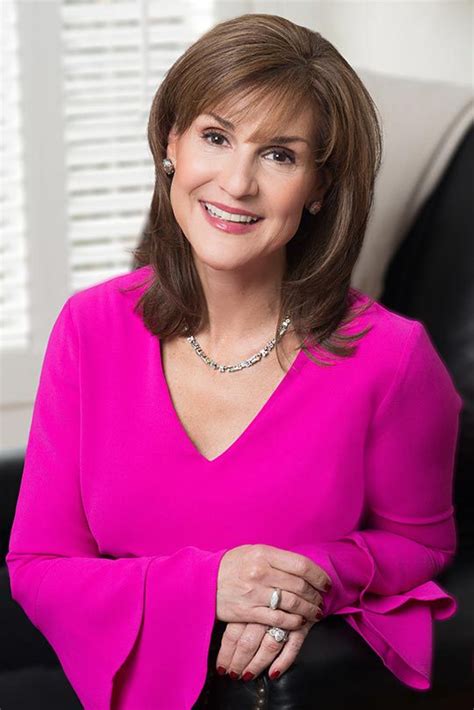A Quote by Zainab Salbi
Leadership is about encouraging women to break their silence and tell their stories to the world.
Quote Topics
Related Quotes
The very act of story-telling, of arranging memory and invention according to the structure of the narrative, is by definition holy. We tell stories because we can't help it. We tell stories because we love to entertain and hope to edify. We tell stories because they fill the silence death imposes. We tell stories because they save us.
I'm very grateful to be in a position now where I have a lot more control to tell the stories I want to tell. I feel no obligation to tell any one story. I will tell you my interest mostly lies in telling stories about empowered women, but I don't feel it's an obligation. But I do feel like I am servicing a voice.
I had the privilege of hearing incredibly brave women standing up to tell their stories - harrowing stories that reduced many of us listeners to tears. But with each story, the taboo around domestic abuse weakens and the silence that surrounds it is broken, so other sufferers can know that there is hope for them and they are not alone.
If you go to a network and say, "I wanna do prison stories about black women and Latino women and old women," you're not gonna make a sale. But, if you've got this blonde girl going to prison, you can get in there, and then you can tell all the stories. I just thought it was a terrific gateway drug into all the things I wanted to get into.
We need more female directors, we also need men to step up and identify with female characters and stories about women. We don't want to create a ghetto where women have to do movies about women. To assume stories about women need to be told by a woman isn't necessarily true, just as stories about men don't need a male director.
Every woman should have a daughter to tell her stories to. Otherwise, the lessons learned are as useless as spare buttons from a discarded shirt. And all that is left is a fading name and the shape of a nose or the color of hair. The men who write the history books will tell you the stories of battles and conquests. But the women will tell you the stories of people's hearts.
Dave Stark has taken the best of recent marketplace management concepts and married them to timeless biblical principles of leadership, translating business jargon into ministry language. The combination is an encouraging and practical guide to Christ-centered ministry leadership. This book will be helpful to anyone involved in leading a church or serious about modeling servant leadership.






































